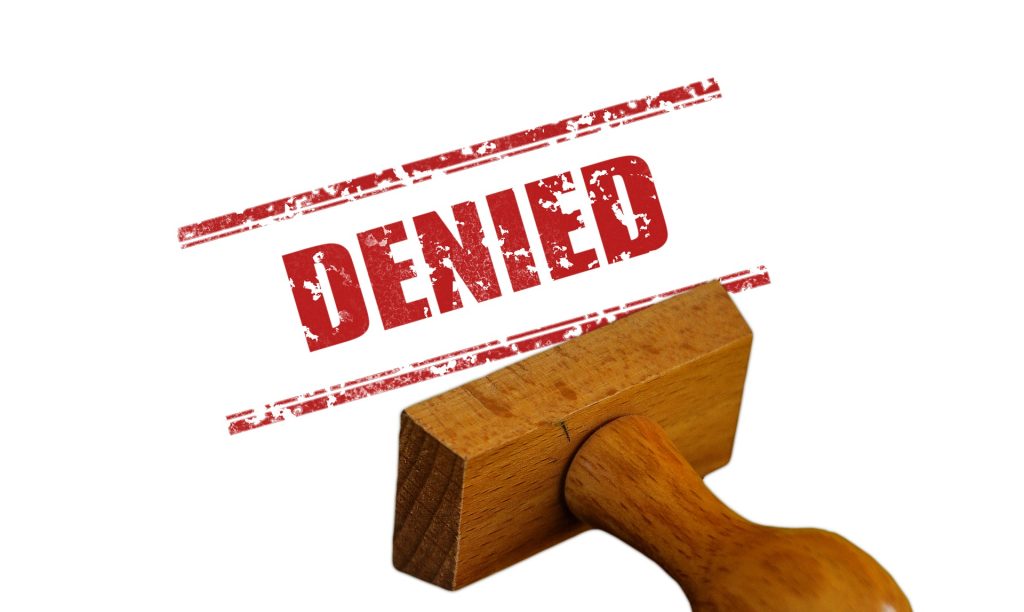-
Advances or capital contributions made to a limited liability company without authorization may be a source of conflict.
-
Using unauthorized advances or capital contributions as a means to exert control may be a breach of fiduciary duty.
-
A well-drawn operating agreement addresses how and when the owners put additional money into a limited liability company.
Advances made by a member to a limited liability company can lead to disputes among the owners. Is the payment a capital contribution, an advance, or an interest-bearing loan? Was it authorized?
Payments made by one member in a three-brother limited liability company were at the core of a dispute over control of the finances of two LLCs that led to the expulsion of one brother and forfeiture of nearly $300,000 in unilateral payments made by the dissociated member.

Cropped image of lawyer showing evidence he found in papers to coworker
The payments were not the subject of any agreement, the court held, and therefore were neither capital contributions nor loans or advances. And therefore, the court held there was no basis to find that the companies simply keeping the money was inequitable.
The court applied much the same approach to approximately $125,000 that was claimed by the dissociated member for unpaid compensation, again reasoning that there was no contract in force and that the dissociated member was not entitled to be paid during the time that he was in breach of his fiduciary duties.
Member Who Made Unauthorized Advances is Expelled from LLC
This case, decided by the Vermont Supreme Court, is interesting not so much for its take on the law of limited liability governance—it breaks no new ground here—but for the way in which it applied basic principles of contract and agency law.
It’s a cautionary tale for any member that puts money into a jointly owned business. Make sure there is agreement among the owners on how it is to be treated—preferably in writing—and do not act unilaterally.
 The Business Divorce Law Report
The Business Divorce Law Report


 Whether the conflict involves voting deadlocks, allegations of unfair treatment, or disagreements over financial management, the stakes are high for all involved.
Whether the conflict involves voting deadlocks, allegations of unfair treatment, or disagreements over financial management, the stakes are high for all involved. often a critical issue in business divorce cases. We see it in both in judicial dissolution cases and in those states that permit judicial expulsion (i.e., dissociation) of owners.
often a critical issue in business divorce cases. We see it in both in judicial dissolution cases and in those states that permit judicial expulsion (i.e., dissociation) of owners.

